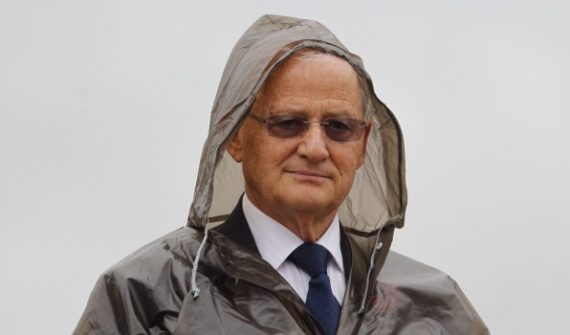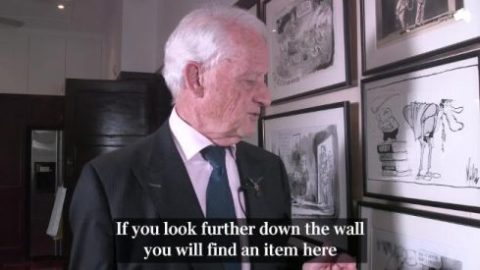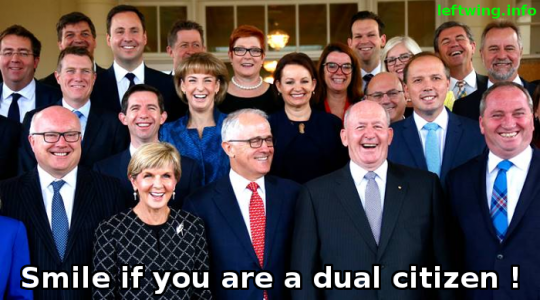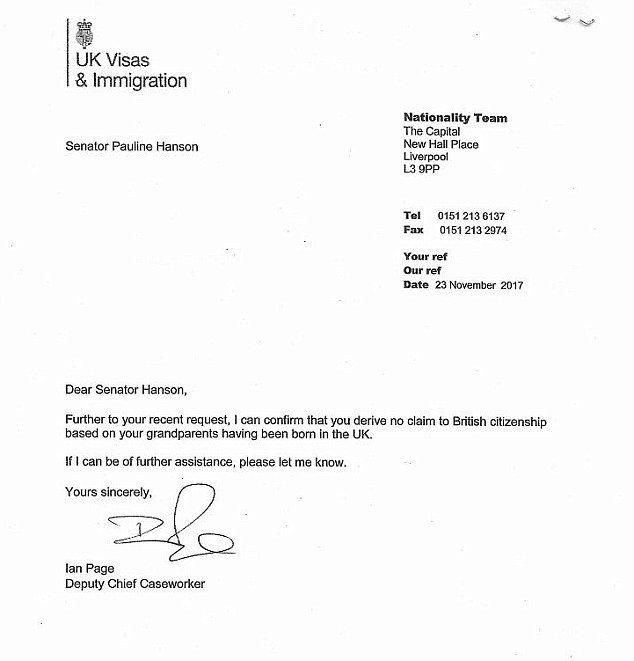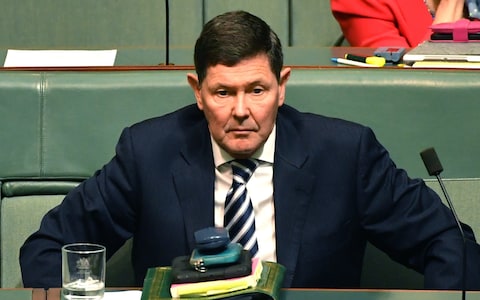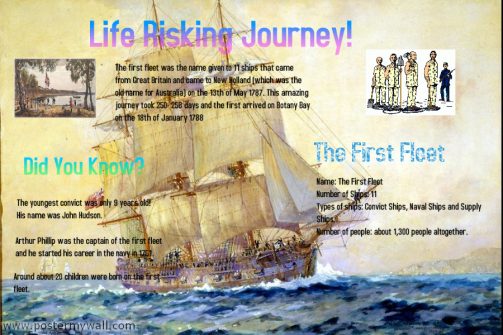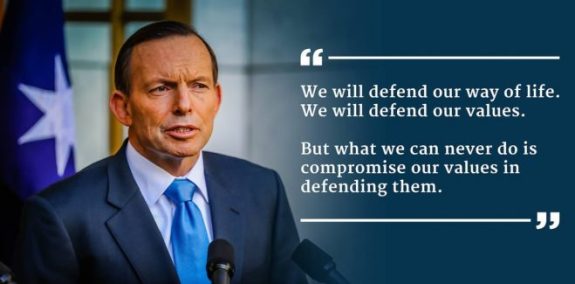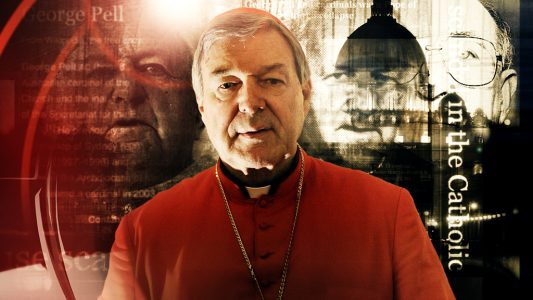What’s this? A man of principle in the Senate? Is that permitted under the Constitution?
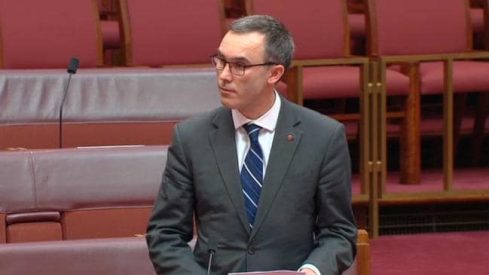
It may be early days, but it seems that the new independent Senator from South Australia may be a man of principle which could throw a large spanner in the works and the way the Liberal Party like to run our Upper House.
Tim Storer has only been in the Senate for a couple of weeks, he was the Nick Xenophon Team’s fourth and final Senate candidate in South Australia at the 2016 election, which saw the three NXT candidates above Storer elected, two of whom resigned in late 2017. When party leader Nick Xenophon resigned in October 2017, intending to appoint staffer Rex Patrick as his successor, Storer wrote to the Parliament of South Australia claiming he held the right to fill the casual vacancy – which he did.
One week later, Storer withdrew the challenge and resigned from the party. When NXT Senator Skye Kakoschke-Moore resigned in November 2017 after confirming that she held British citizenship, the High Court of Australia held that she was invalidly elected, but was delayed in announcing her successor since the only other candidate on the party list, Storer, had left the party. In February 2018, following a challenge by Kakoschke-Moore to reclaim her seat having renounced her foreign citizenship, the High Court appointed Storer as a senator.
Tim Storer enters the Senate at a critical time as the Turnbull government try to convince the cross-bench that with government debt at an all-time high and the deficit ballooning, now would be an excellent time to start cutting corporate taxes. Senator Storer, it seems, didn’t come down in the last shower. Indeed, he studied economics at the University of Adelaide, and was dux of his class in the Master of Business Administration at the Australian National University; he is also a fluent speaker of Mandarin Chinese which may give him some insight to the occasional and confusing utterances of Senator Pauline Hanson (or not).
Strangely, for a Senator, he actually reads the legislation upon which he is being called upon to vote and he not only understands economics and is not tempted by the trinkets that the Liberals are so fond of scattering before the cross-bench, he also has the welfare of the Australian people and its economic well-being in mind.
Senators Cormann and Cash are responsible for schmoozing cross bench senators and feeding them bullshit to get them to vote with the government. But Senator Storer is a bit of a worry, he doesn’t fit the mould and as a result the expected triumph of the Trumble government in getting through this ill-considered legislation on Wednesday did not happen. The legislation was withdrawn and all the senators high-tailed it home to enjoy their Easter holidays.
Like the small boy in the fable, Tim Storer was quite prepared to bring to our notice that this emperor prime minister has no clothes and when it comes to corporate tax cuts is in fact cavorting naked through the parliament in a most unseemly manner while being loudly applauded and encouraged by his acolytes in the coalition. Senator Storer has even had the temerity to suggest that in view of the government debt and deficit disaster – their term not his – now may not be the most prudent time to be slashing our national revenues. He has also pointed to the fact that cherry-picking taxation reform from the Henry Review may not be the sensible way to go and that all this talk about our company tax rates being uncompetitive and discouraging overseas investment could just be political claptrap.
In this he is joined, perhaps unwittingly, by Senator Matt ‘old king coal’ Canavan who in a moment reminiscent of the Jim Carrey movie Liar Lair, where a lawyer’s son wishes his dad (Carrey) would stop lying for 24 hours, the Carrey character like Canavan suddenly finds that he can only speak the truth and in a moment of brutal honesty Canavan on Wednesday happily told assembled journalists at the National Press Club that:
“We have attracted more than 200 billion dollars’ worth of investment in the last decade in oil and gas generally so we obviously are doing something right in this country. I think we do have very competitive tax systems and tax settings and that’s been proven.”
Why would Canavan say that when it completely undermines the fabrication that Trumble and his mates have been assembling so carefully? Could it be that the honesty of Senator Storer is like a virus and it is spreading throughout the parliament? Now, there’s something to think about. Will Michaelia Cash be the next one off the blocks admitting that she’s a scheming fraud and will Pauline Hanson concede that she doesn’t know what the f**k she’s talking about and will Tony Abbott admit that he is only hanging around because nobody has offered him a better paying (or any) job and will Peter Dutton acknowledge that his empathy towards refugees and asylum seekers was nurtured in his youth when he rejoiced in the practice of pulling the wings off butterflies to watch them struggle and die? Nup, I don’t think so either.
Just a bit of advice to Tim Storer, whatever you do, don’t drink the Kool-Aid at Aussies cafe in Parliament House no matter what that nice Mr Abetz tells you!









